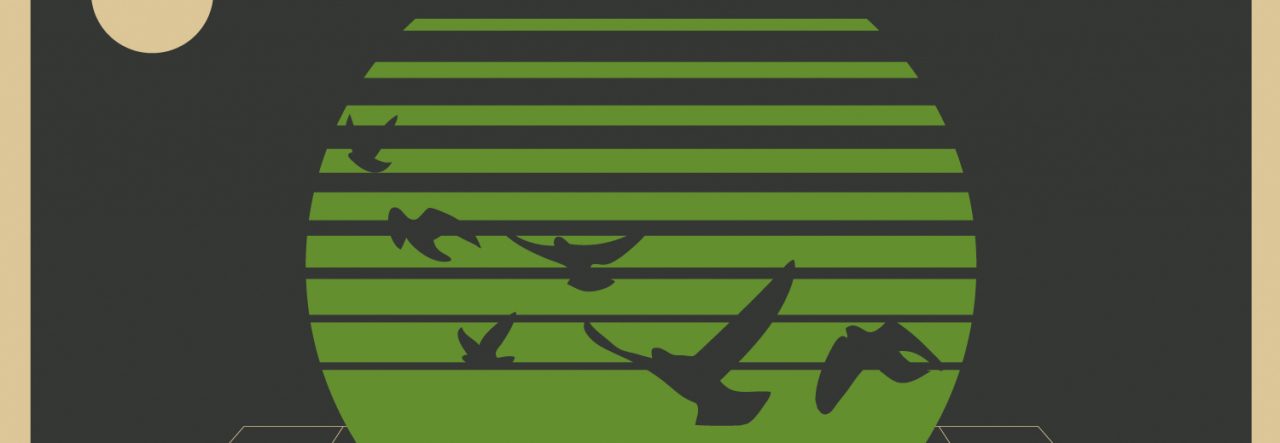 Even during their most scathing critiques of culture and politics, Pink Floyd found a way to break through that wall and touch upon what it means to be human. Roger Waters’ screeching on The Wall and The Final Cut features some of the most heartfelt lyrics and most powerful deliveries in music history. Waters was never very confident in his vocal abilities, but he delivered so many of those lines with a convincing power that borders on the edge of despair. A cry for help. And that is when Pink Floyd are at their most humane. “Hey You” is one of the best examples of this.
Even during their most scathing critiques of culture and politics, Pink Floyd found a way to break through that wall and touch upon what it means to be human. Roger Waters’ screeching on The Wall and The Final Cut features some of the most heartfelt lyrics and most powerful deliveries in music history. Waters was never very confident in his vocal abilities, but he delivered so many of those lines with a convincing power that borders on the edge of despair. A cry for help. And that is when Pink Floyd are at their most humane. “Hey You” is one of the best examples of this.
Hey you!
Out there in the cold, getting lonely, getting old, can you feel me
Hey you!
Standing in the aisles, with itchy feet and fading smiles, can you feel me
Hey you!
Don’t help them to bury the light
Don’t give in without a fight.
David Gilmour’s softer tone comforts and encourages us (“Don’t give in without a fight”), while Waters screams out for help in a desperate last gasp. The song gradually builds to that point of despair. Devin Townsend’s screams would not seem out of place by the end of the song.
Hey you!
Out there on your own, sitting naked by the phone, would you touch me?
Hey you!
With your ear against the wall, waiting for someone to call out, would you touch me?
Hey you!
Would you help me to carry the stone?
Open your heart, I’m coming home
The song is open-ended, which makes sense considering it is merely a piece of a much larger whole. “Hey You” doesn’t give us the ending we might be looking for, but Pink Floyd reminds us that those in the state of mind depicted in the song are definitely not alone. That simple, most human of requests – Hey you… can you feel me? Hey you… can you touch me? – increases in desperation over the course of the song. “Can you” changes to “would you?” By the end, the request is for help.
But it was only a fantasy
The wall was too high as you can see
No matter how he tried he could not break free
And the worms ate into his brain.
The image of someone sitting alone in the dark crying out for help to nobody in particular is haunting… and altogether human. He can’t do it alone (“No matter how he tried he could not break free”), and he sinks into despair. The shift in Waters voice for the final verse captures this perfectly. The way he sings here invites us to scream along with him.
Out there on the road, always doing what you’re told, can you help me?
Hey you!
Out there beyond the wall, breaking bottles in the hall, can you help me?
Hey you!
Don’t tell me there’s no hope at all
Together we stand
Divided we fall, (we fall, we fall, we fall, we fall, we fall…)
There’s hope out there beyond the wall. We just need to ask, and we need to stand together. Some days are “Hey You” days (or weeks, or months, or years). We may long for human connection when it isn’t there (see previous pillar – Nights in White Satin for more on that). We cry out at the wall… maybe someday there will be an answer.
In touching on this, Pink Floyd get at the difficulty of being human in this extremely broken world. They don’t give us many answers, but they enlighten our condition, and they give us a glimmer of hope.
<— Previous Pillar Next Pillar —>




